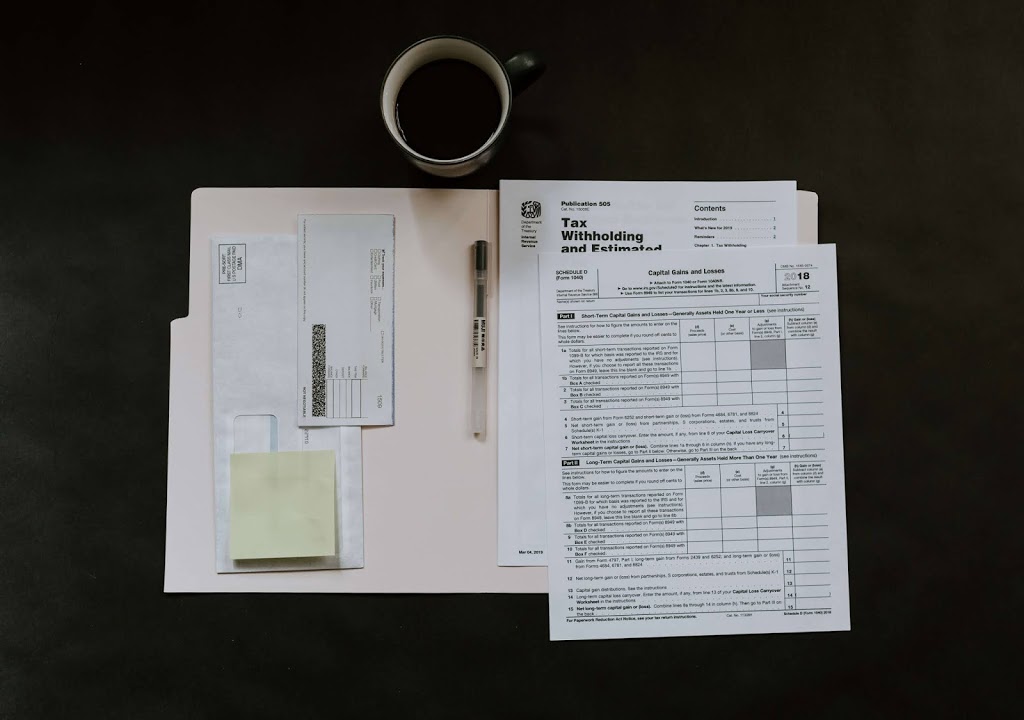
Your broker dealer audit is easy to prepare for if it’s treated as a work-in-progress throughout your company’s fiscal year. Viewing it as an ongoing project requires your business to stay compliant with current guidelines and regulations. This means implementing new measures as they come, reducing large scale interruptions to your business.
Part of preparing for a broker dealer audit is knowing you’re working with a skilled and dedicated accounting firm. You’ll reap the most from good planning when your auditor is equally on-top of their job.
Here are 4 easy tips for round-the-calendar planning for a broker dealer audit:
1. Keep your broker dealer auditor in the loop
Keep continuous communication with your auditor to help their side of the planning. Tell them about any changes to your systems and operations. These include merging your business with another, introducing new revenue streams, signing new agreements, and other items that could require complex accounting. The more your auditor is familiar with your business operations, the easier time they’ll have with the audit, and the smoother it will be for you.
Key communication actions include:
-
Discussing the timing of interim and year-end procedures
-
Discussing accounting standard changes ahead of time
2. Prepare your team for the audit
With your team, review your current accounting policies and procedures. Make sure the policies enable your company to keep good financial reporting and while complying with SEC rules and regulations.
Key areas for team preparation include:
Documentation
Gather all the necessary materials for your broker dealer audit ahead of time. Use your auditor’s previous request list or, if this is your first audit, ask for an updated list in advance. Your team’s goal is to show their professionalism and preparation by having supporting documentation on hand.
Company Logs
Your team should have on-hand copies of any correspondence requested by your auditor. If you’ve received any correspondence from FINRA, you need to keep it in a log. Record the dates, times, and the FINRA representative’s name. Also inform your auditor of any business changes in advance, so they can request new information.
Monitor and Review
To ensure your current system is optimal, monitor your accounting process throughout the year. If your team struggles to provide the necessary documentation or locate information for reviews, you need to change the procedures or your broker dealer audit will be far more stressful than needed.
3. Know the independence rules for auditors
A separate firm must perform your company’s annual broker-dealer audit. You can’t use the same accounting firm that consults on your bookkeeping, other management functions, or preparation of financial statements. Review the rules, laws, and guidelines for selecting an audit firm. The key takeaway is that your auditor must have an objective opinion on your company’s financials.
4. Stay compliant with regulations
Prioritizing your understanding of the rules and regulations of the securities industry is key to auditing success. Without proper knowledge of broker-dealer requirements, your company will likely fail to stay compliant. By addressing significant changes with your auditing firm, you’ll keep your company running smoothly during the audit.
Preparing for your broker dealer audit can be intimidating, but having an early plan will help your company reduce the chances of SEC violations. Working with a respectable accounting firm will direct your company’s accounting team or bookkeeper in the right direction, making it even easier to prepare for an audit.